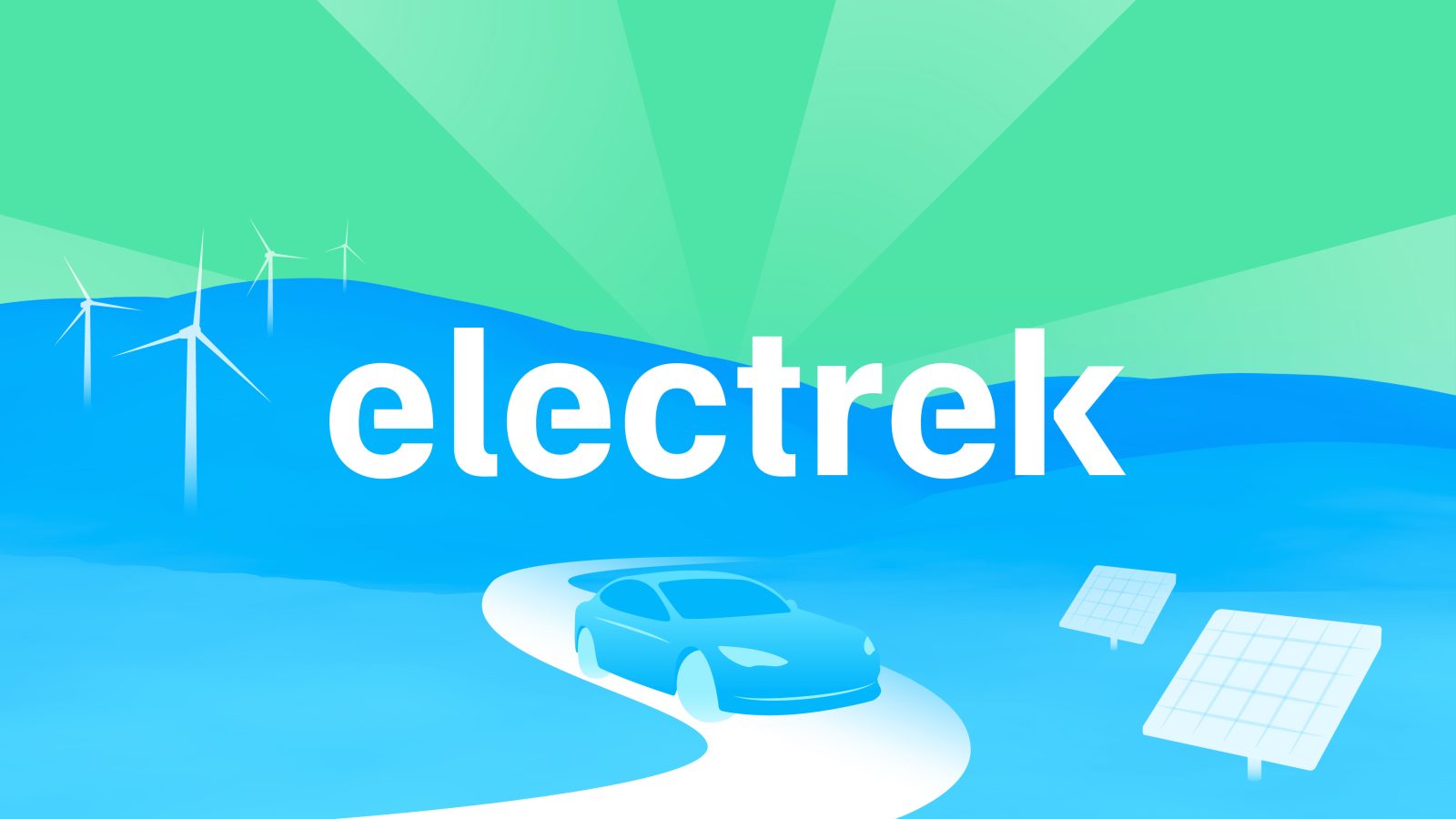The electric vehicle landscape continues to evolve at breakneck speed, with groundbreaking announcements and technological advancements emerging weekly. This week's developments from industry leaders promise to reshape accessibility, infrastructure, and long-term strategy in the sustainable transport sector.
Key Highlights
- Tesla's Strategic Vision: Elon Musk unveils Master Plan Part 4, focusing on autonomous driving infrastructure and AI integration.
- Volkswagen's Market Move: Introduction of a new affordable EV model aimed at increasing mass-market adoption.
- Wireless Charging Innovation: Significant progress in wireless EV charging technology, promising greater convenience for users.
- Energy and Transport Synergy: Enhanced discussion on integrating renewable energy solutions with EV infrastructure developments.
Tesla's Master Plan Part 4: The Next Phase of Innovation
Elon Musk's latest installment in the Tesla Master Plan series has set the automotive and tech worlds abuzz. Master Plan Part 4 delves deeper into the company's ambitions for fully autonomous vehicles, emphasizing not just the technology itself but the ecosystem required to support it. This includes advancements in AI, machine learning, and real-world data acquisition from Tesla's existing fleet. The plan also hints at new energy storage solutions and more efficient manufacturing processes to reduce costs further.
Implications for the Autonomous Driving Sector
With autonomous driving at its core, Tesla's strategy could potentially redefine urban mobility. The focus is on achieving Level 5 autonomy, where human intervention becomes unnecessary. This involves not only software upgrades but also hardware innovations, such as next-generation sensors and compute platforms. Industry analysts suggest that success in this area could give Tesla a significant edge over competitors who are still grappling with lower levels of automation.
Volkswagen's New Affordable EV: Democratizing Electric Mobility
Volkswagen has announced an exciting addition to its EV lineup: a new, budget-friendly model designed to make electric mobility accessible to a broader audience. This move is part of VW's larger strategy to become a leader in the global EV market, leveraging its MEB platform to keep costs down while maintaining quality and performance. The vehicle is expected to offer a competitive range, modern features, and a price point that undercuts many rivals.
Comparison of Affordable EV Models
| Model | Estimated Price (USD) | Range (miles) | Key Features |
|---|---|---|---|
| Volkswagen New Affordable EV | $25,000 - $30,000 | 250 - 300 | Fast charging, modern infotainment |
| Tesla Model 3 | $40,000 - $45,000 | 272 - 358 | Autopilot, over-the-air updates |
| Nissan Leaf | $28,000 - $35,000 | 149 - 226 | ProPILOT Assist, e-Pedal |
| Chevrolet Bolt EV | $26,500 - $33,000 | 259 | One-pedal driving, spacious interior |
Advances in Wireless EV Charging: Cutting the Cord
Wireless charging technology for electric vehicles took a significant leap forward this week, with several companies showcasing new systems that promise to make plug-in charging obsolete. Using resonant inductive coupling, these systems allow EVs to charge simply by parking over a charging pad, enhancing convenience and reducing wear on physical connectors. This technology is particularly promising for autonomous fleets and public transportation, where manual plugging-in is impractical.
How Wireless Charging Works and Its Benefits
The principle behind wireless EV charging involves an electromagnetic field transferring energy between two coils: one embedded in the ground and another attached to the vehicle. Efficiency rates have improved dramatically, now rivaling those of traditional cable charging. Key benefits include reduced clutter, enhanced safety by eliminating exposed conductors, and the potential for dynamic charging on specially equipped roads. Major automakers and suppliers are investing heavily to bring this technology to market within the next few years.
Synergy Between Renewable Energy and EV Infrastructure
This week's discussions also highlighted the growing interconnection between renewable energy generation and EV infrastructure. Solar-powered charging stations, vehicle-to-grid (V2G) technology, and smart grid integrations were key topics. These developments are critical for ensuring that the increased electricity demand from EVs is met sustainably, without overburdening existing power grids.
As the electric vehicle industry continues to accelerate, these innovations—from strategic visions like Tesla's Master Plan Part 4 to practical advancements like wireless charging and affordable models—collectively push the boundaries of what's possible. The commitment to sustainable transport is clearer than ever, promising a future where electric mobility is not only viable but superior in every aspect. Stay tuned as these technologies develop and begin to transform our roads and cities.


